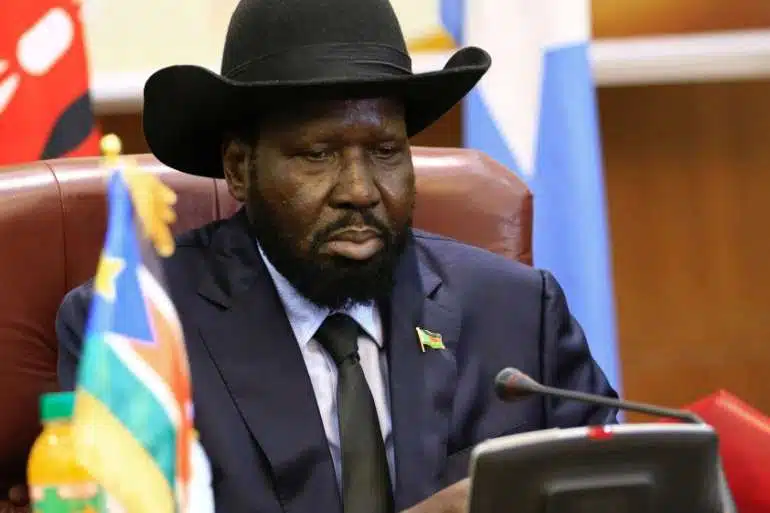The United States, the United Kingdom, and Norway voiced “deep concern” on Saturday following the announcement of a two-year delay in South Sudan’s elections, labeling it a failure of leadership. The decision to extend the transitional government by two years signals, according to the three nations, an ongoing failure by the leaders of South Sudan to establish the necessary conditions for credible and peaceful elections.
In a joint statement, the three countries stated, “This announcement demonstrates the persistent and collective failure of South Sudan’s leaders to create the conditions necessary to hold credible and peaceful elections.”
South Sudan gained independence from Sudan in 2011 but descended into civil war in 2013, leading to an estimated 400,000 deaths. A 2018 peace agreement brought together President Salva Kiir and Vice President Riek Machar, formerly bitter rivals, but the country has since struggled to finalise a constitution and organise its first-ever elections.
Last week, Kiir’s office revealed that elections planned for December would be postponed for another two years, just ahead of a Sunday deadline for the dissolution of the transitional government. Cabinet Affairs Minister Martin Elia Lomuro stated the extension was recommended by electoral bodies and the security sector.
While the US, UK, and Norway acknowledged that elections could not take place as scheduled, they blamed the delay on a lack of political will. “Responsibility for this failure is shared by all parties in the transitional government,” said the statement. “As South Sudan’s leaders vie for power and fail to organise credible and peaceful elections, the people of South Sudan suffer the consequences,” the joint statement said.
The United Nations also expressed regret and disappointment at the postponement earlier this week. UN Special Representative Nicholas Haysom commented, “Two years ago, we were in a similar situation as we are today and gave our support specifically under the condition that there would be no more extensions.”
South Sudan continues to grapple with significant challenges, including widespread flooding, hunger, and violence, while its leadership faces accusations of corruption. Earlier this month, the UN humanitarian agency reported that more than 700,000 people were affected by severe flooding, with aid efforts struggling to reach those in need.
South Sudan’s oil resources, crucial to the nation’s economy, have also been hampered by regional instability. An export pipeline was damaged in Sudan’s ongoing conflict in February, cutting off a vital revenue stream for the country.

